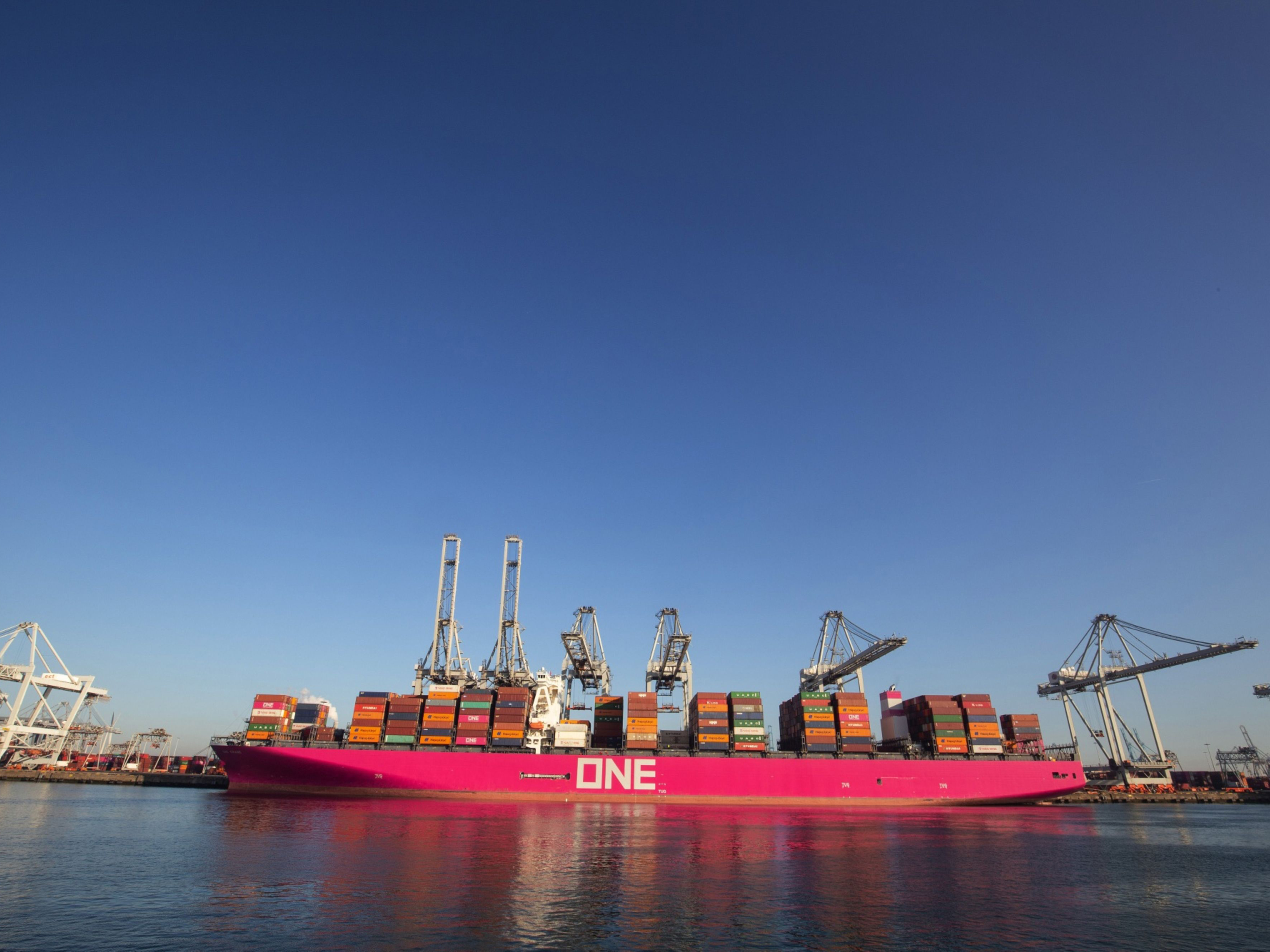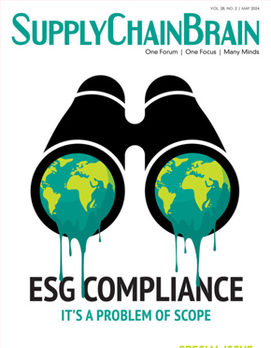
From restrictions to lockdowns, the coronavirus pandemic has forced the vast majority of business and logistics activity to reinvent themselves. In addition, the decision-makers of the business world, especially those involved in international trade, are finding it harder and harder to decide whether to invest heavily in certain markets or to make commitments to shipping partners and overseas suppliers and customers. COVID-19 has thrown the business world into an unprecedented state of uncertainty.
With every U.S. presidential election, there is always a shift to the way the world does business. With Joe Biden as the new President-elect, should we expect clarification on some of the issues that business leaders are currently facing in regards to strategic decision-making? Although no definite plans have been laid out by the Biden team, there are certain scenarios worth considering now.
China
President Donald Trump's administration has not hidden their hostility towards China and the European Union, especially with China’s role in the COVID-19 pandemic. Trump’s misgivings about certain institutions and international relationships has also extended to the multinational organization of the EU, whom he believes has benefited time and time again from the favorable subsidies given to them by the U.S., in addition to free military protection.
It is safe to assume that, under the Biden administration, there will more likely be a favorable shift toward doing business with China.
The President-elect is very likely to stray away from the distrustful relations with China that have only complicated these situations during the Trump administration, and move toward a stronger relationship. This would allow the U.S. to receive investments from China, and for China to receive information, technology and resources from the U.S.
Europe
Biden would also take a similarly appeasing approach to Europe, which would build a stronger economic developmental relationship with the EU. However, it's unclear who will really benefit from this scenario: the U.S. or the EU. Neither Trump nor the EU have had much trust in one another, which has been taken even further by the World Trade Organization choosing to side with the EU on many tariff issues.
Regardless of what the future may hold, shippers and logistics managers should start to consider commitments with these markets — though a bit of apprehension in certain areas may be wise. A bilateral trade agreement between the U.S. and the United Kingdom is probably a foregone conclusion, but it is also more likely to affect financial services than manufacturing or trade.
Asia Pacific
Biden has already said that he plans to rejoin the Trans Pacific Partnership. Assuming the TPP is ratified when Biden enters office, it would open up trading potential with Vietnam, Singapore, Japan, Malaysia, Peru, New Zealand, Mexico, Canada, Chile and Japan.
Based on how things are now, the best step would be for those operating logistics and supply chains to focus on the cost issues they are able to control: What aspects do you know you need to prioritize in the coming months? What point of leverage can you change within your current supply chains? The goal is to focus on knowing and understanding the ins-and-outs of your company along with the internal politics of your buyers and category managers. Participants in your supply chain are eager to form known elements of a plan because everyone is trying to protect their own.
You have the opportunity to pinpoint unnecessary cost and motion while everyone is focused on a contracting global economy. Not everything is hinged upon who is president or the resolution of COVID-19. This provides you with the perfect opportunity to reevaluate your partners, general practices and resources.
Politics will continue to complicate international trade, but international markets are crucial to the economy of every nation on the planet, so it's inconceivable that international trade activity will ever be constrained forever. What you really need to ask yourself is this: Does it make sense to gear up for more aggressive activity, or to keep on waiting and keep alert?
This is what we do know: It is never a bad time to strengthen your process and better align your supply chain and control your costs. Ever. In these uncertain times, Supply Chain can be a useful tool to help advocate your company's mission and give you a competitive advantage.
Ron Atapattu is founder and president of Ship OCI.







